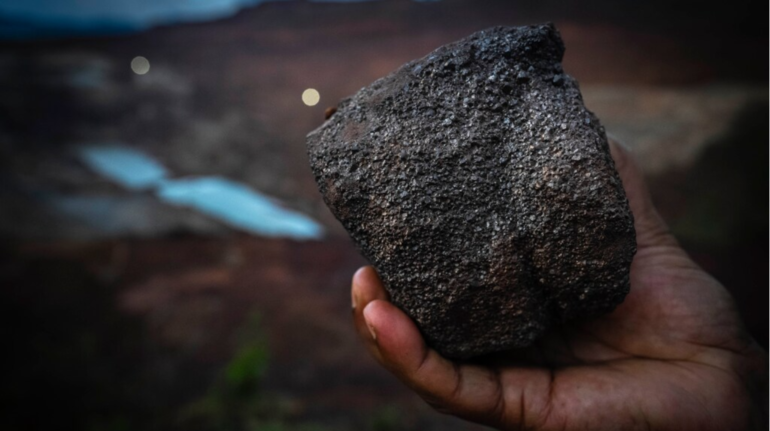India Approves ₹1,500 Crore Incentive Scheme for Recycling Critical Minerals
- MGMMTeam

- Sep 4
- 3 min read
The Union Cabinet, chaired by Prime Minister Narendra Modi, has cleared a path-breaking ₹1,500 crore incentive scheme to promote recycling of critical minerals from secondary sources. This move, announced on September 3, 2025, forms an integral part of the National Critical Mineral Mission (NCMM) and is aimed at securing India’s future in clean energy, technology, and advanced manufacturing. The government’s vision is to reduce heavy reliance on imports and build a sustainable domestic ecosystem for minerals that are vital to industries such as electronics, renewable energy, electric mobility, and defence.

The Scope of the Scheme
The programme will run for six years, covering the period from FY 2025–26 to FY 2030–31. It is designed to support recycling of resources like e-waste, lithium-ion battery scrap, and catalytic converters from end-of-life vehicles. By doing so, the initiative not only tackles the mounting challenge of waste management but also recovers valuable materials that are otherwise imported at high costs. Both established players and start-ups in the recycling sector are eligible to participate, with one-third of the outlay reserved for small and emerging enterprises.
Incentives for Growth
The incentive framework is structured to encourage timely investments and efficient operations. Companies that begin production within the stipulated timelines will receive a 20% subsidy on capital expenditure for plant and machinery. Alongside this, operational expenditure subsidies will be granted based on incremental sales growth over the base year 2025–26. The support will start at 40% in the second year and can rise to 60% by the fifth year, rewarding those who achieve performance benchmarks. To ensure equitable distribution, subsidy ceilings have been placed at ₹50 crore for large entities and ₹25 crore for smaller ones, with caps on operational support included within these limits.
Economic and Industrial Impact
The government anticipates that this scheme will create a recycling capacity of 270 kilotonnes annually, generating about 40 kilotonnes of critical minerals each year. In financial terms, the initiative is expected to attract nearly ₹8,000 crore in fresh investments while creating close to 70,000 jobs, both direct and indirect. Such outcomes would not only stimulate India’s economy but also foster innovation and self-reliance in critical mineral supply chains.
Strategic Vision Beyond Recycling
While recycling provides an immediate and practical solution to meet demand, the NCMM encompasses broader objectives. These include expanding domestic exploration projects, enhancing processing capacity, and building a national stockpile of essential minerals. According to the International Energy Agency, India has set ambitious goals of supporting over 1,200 exploration projects and ensuring domestic production of at least 15 critical minerals by 2030–31. Recycling, therefore, is seen as a complementary pillar that can deliver results in the short term while the country works toward strengthening its mining and processing base over the long term.
The MGMM Outlook
India’s approval of the ₹1,500 crore incentive scheme for recycling critical minerals reflects a transformative step toward strengthening resource security and promoting a sustainable future. By integrating recycling into the National Critical Mineral Mission, the government is ensuring that waste from e-waste, lithium-ion batteries, and end-of-life vehicles is turned into valuable resources for industries like renewable energy, electronics, and defence. This vision not only reduces dependency on costly imports but also addresses India’s mounting waste management crisis while giving fresh impetus to domestic innovation.
The scheme is designed to create a balance between large enterprises and emerging start-ups, with subsidies on capital and operational costs to encourage efficiency and timely production. With a target of 270 kilotonnes in annual recycling capacity, the initiative is expected to attract over ₹8,000 crore in investments and create nearly 70,000 jobs. This approach aligns with the broader mission of enhancing mineral exploration, building stockpiles, and achieving self-reliance in critical resources. In our view, this marks a pivotal move where India is not only safeguarding its industrial future but also embracing a circular economy model that links sustainability with growth.
(Sources: Moneycontrol, News18, Business Today)




Comments